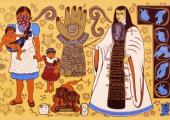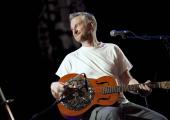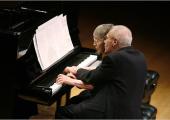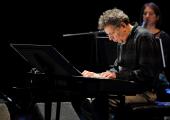Cabell, RPO, Dutoit, Royal Festival Hall
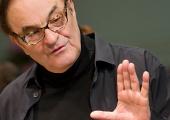
Finely crafted Ravel and Poulenc from the French-Swiss master conductor
This was the first of three Royal Festival Hall concerts during the first half of 2014 from the Royal Philharmonic Orchestra and its principal conductor Charles Dutoit, all three programmes consisting entirely of French music. The other two will be in May. In between the Swiss-born conductor, a sprightly 77-year-old, will have picked up a Lifetime Achievement gong at the International Classical Music Awards in Warsaw.



